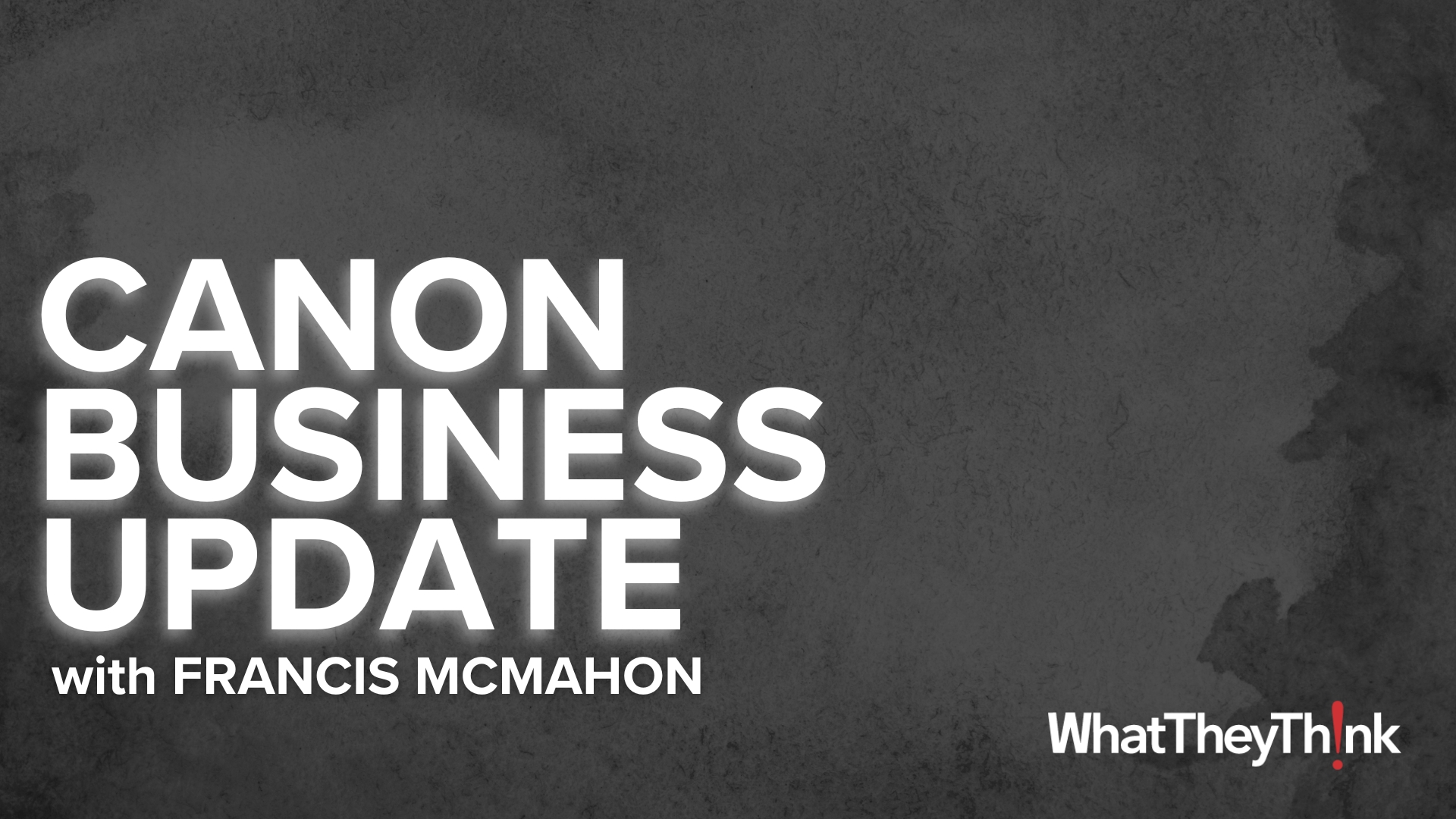On the Marketing Powers site there is an article entitled “Social Media Marketing: Good Idea or Bad?” In that article I wrote about some recent feedback from presentations, “… for every person singing about the advantages there were 5 people complaining how much of a waste of time it was.” In response Chuck wrote, “no matter what your opinion is or whether “you” think it’s a waste of time, social media marketing is here to stay and is growing in importance in the global culture and marketplace; it therefore cannot be ignored by marketers. So I would suggest Howie that you were hanging around with a bunch of “old fart” Printers….”
Before I thank my friend Chuck for his insights, I decided to do some homework. I found that in 2008 Hitwise General Manager of Global Research Bill Tancer wrote in his book, "Click: What Millions of People are Doing Online and Why it Matters," that social networking sites are the Internet's biggest attraction, surpassing pornography. According to Tancer searching for porn dropped to about 10% of searches from 20% a decade ago. "As social networking traffic has increased, visits to porn sites have decreased.”
Tancer believed that this shift in popularity could be attributed mostly to one group 18- to 24-year-olds. Apparently these college aged kids were searching less for porn. "My theory is that young users spend so much time on social networks that they don't have time to look at adult sites."
But that was 2 years ago and some people are saying that social media is diminishing in popularity. For example, Justin Kistner, an analyst at Webtrends said that social media would peak in 2012 and the next big thing is coming right on its heels in 2015. This is consistent with some other observations about specific sites.
Some say that the number of Twitter users has flat-lined. Compete, a Web analytics firm, says the microblogging site's number of visitors hasn't changed much since June and that its roughly 22 million visitors in December was about 770,000 fewer than its highest number, which was in August. And other analysts paint the same picture, raising the question: Has Twitter peaked?
But, while Twitter use may have peaked, Facebook is continuing to grow. In January Facebook drew 133.6 million unique visitors in overtaking Yahoo with 132 million visitors. And Facebook is king of the Web when it comes to the amount of time people actually spend online. According to Web analytics firm Compete, "In January, 11.6% of all time spent online was spent on Facebook (compared to 4.25% for Yahoo and 4.1% for Google.” And Google still holds the number one spot with 147.8 million visitors, or nearly half the U.S. population.
The question becomes, what does this mean? Does it mean that as college age kids entering the job market they will continue to spend as much time on social media sites? Do you agree that “social media marketing is here to stay and is growing in importance in the global culture and marketplace; it therefore cannot be ignored by marketers.” Or as the 18- to 24-year-olds enter the job market and work and web search consumes more time, will SEO (search engine optimization) retain its position as the #1 Internet activity?
Howard Fenton is a Senior Consultant at NAPL. Howie advises commercial printers, in-plants, and manufacturers on workflow management, operations, digital services, and customer research.














Discussion
By Matt Kammerait on Jun 30, 2010
I think we'll see a plateau in raw numbers of users on Social Media sites to some extent as limiting factors come into play (i.e. people with consistent personal, relatively high speed internet access). In terms of % of the engaged, internet-savvy adult population using Social Media - it will get and stay very very high.
Outside of the idea of adoption though, the question of whether Social Media will be popular is perhaps the wrong one. I doubt we'll be talking much about Social Media at all even 5 years from now. The idea that every piece of digital content must be Social (i.e. allow users to interact with it, share it, etc.) will be so pervasive that will be a given. A set of Social Components for digital content will be a foregone conclusion. So, who must take it into consideration - anyone who works with content, products, services, etc. digitally - a number which is very quickly reaching the limiting factors I mentioned earlier (i.e. those with access).
By Julie Shaffer on Jul 01, 2010
Howie, the answer to your question doesn't lie in how two of today's big social networks are faring. And SEO isn't always the #1 internet activity now. Facebook now rivals (and on certain days tops) Google as most visited site on the internet. MySpace, once the top social networking site for the 18-24 demographic, was rapidly trumped by Facebook. Something will eventually replace Facebook. The platforms on which we communicate are always going to evolve. The methods by which we access these communication channels are going to evolve too. Morgan Stanley analysts say that mobile access to the internet will surpass desktop in a couple of years.
Study after study shows that marketers are pouring time and resources into social media marketing. Here's just one http://tinyurl.com/3aokdzx If printers are indeed, marketing service providers (which I believe they've always been even when they just offered them ink on paper,) then they have to recognize where marketers are putting their money and how they are reaching their intended audiences.
Whether social media marketing is "here to stay" is less important than knowing what matters to our customers (largely marketers) and to follow how well these social efforts are working for them. To become masters of how print can be an essential part of the communication mix, but to also become masters of internet-based communication channels and measuring their effectiveness. But to think internet communications and marketing channels are a fad and will go away is naive. After 15 years of growing use of internet communication channels, it has become a part of the human social fabric - worldwide.
By Pam Morris on Jul 01, 2010
The application will change - look how quickly we've moved from MySpace, from Digg and the big things now are Facebook, Foursquare, Groupon and Twitter. The concept of social media itself is here to stay. We will continue to engage in direct to consumer/audience communication in the future. Social media is the communication vehicle of the 21st century. It's exciting!
By Stephen Eugene Adams on Jul 04, 2010
I agree with Pam, the time spent online will continue to increase, but the applications will change over time. At one time AOL was the solution, now its FaceBook, a few years from now, it will be something else. The key is for printers to figure out how their clients are communicating with their customers and then figure out how we can help them in this communications effort. I do think there will be a better B2B application coming out than FaceBook. Who knows, maybe FaceBook will improve in this area, but that is not what history has proven. It usually takes a new application for improvements to be made.